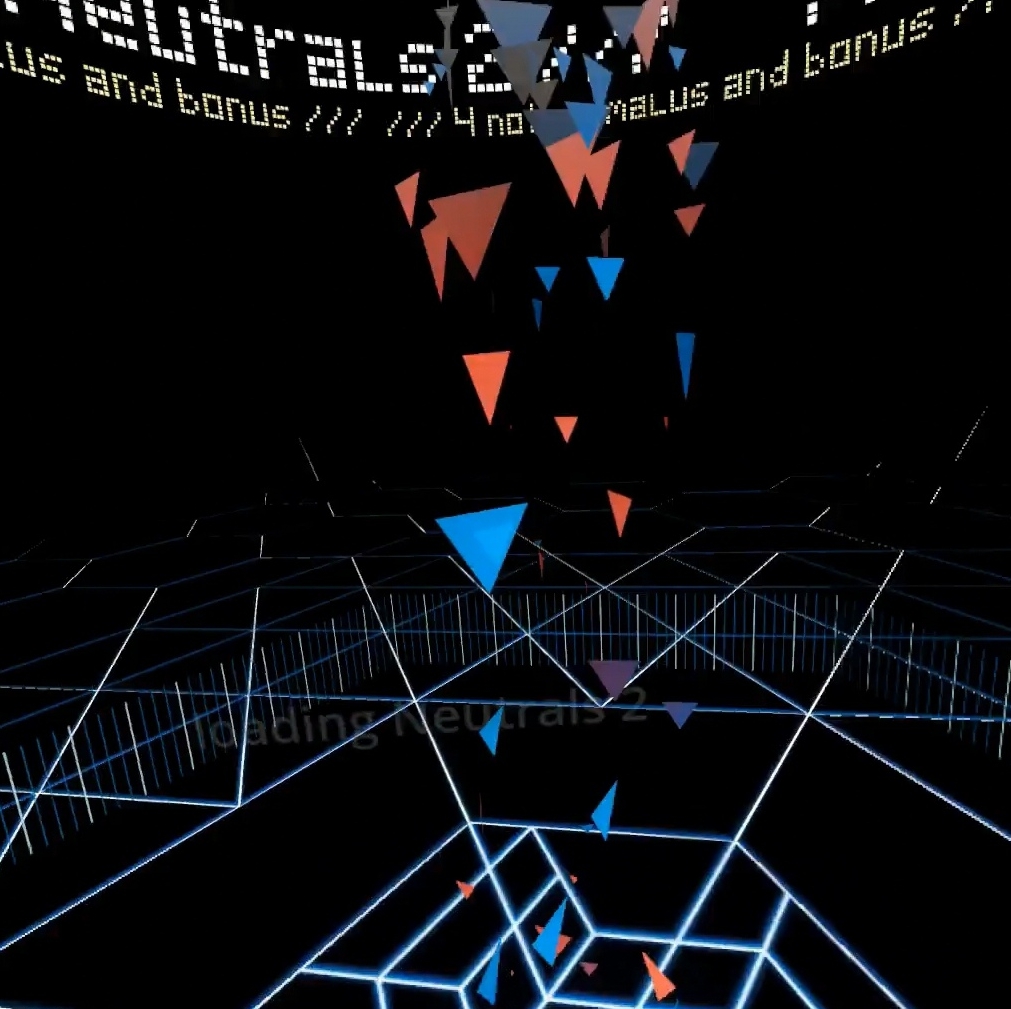Different sounds as protagonists
1000+
sound experiences
This is a proposal at the crossroads between art and science that, as a game, allows users to experiment and move in a three-dimensional sound environment, interacting with it and with the objects that populate it.
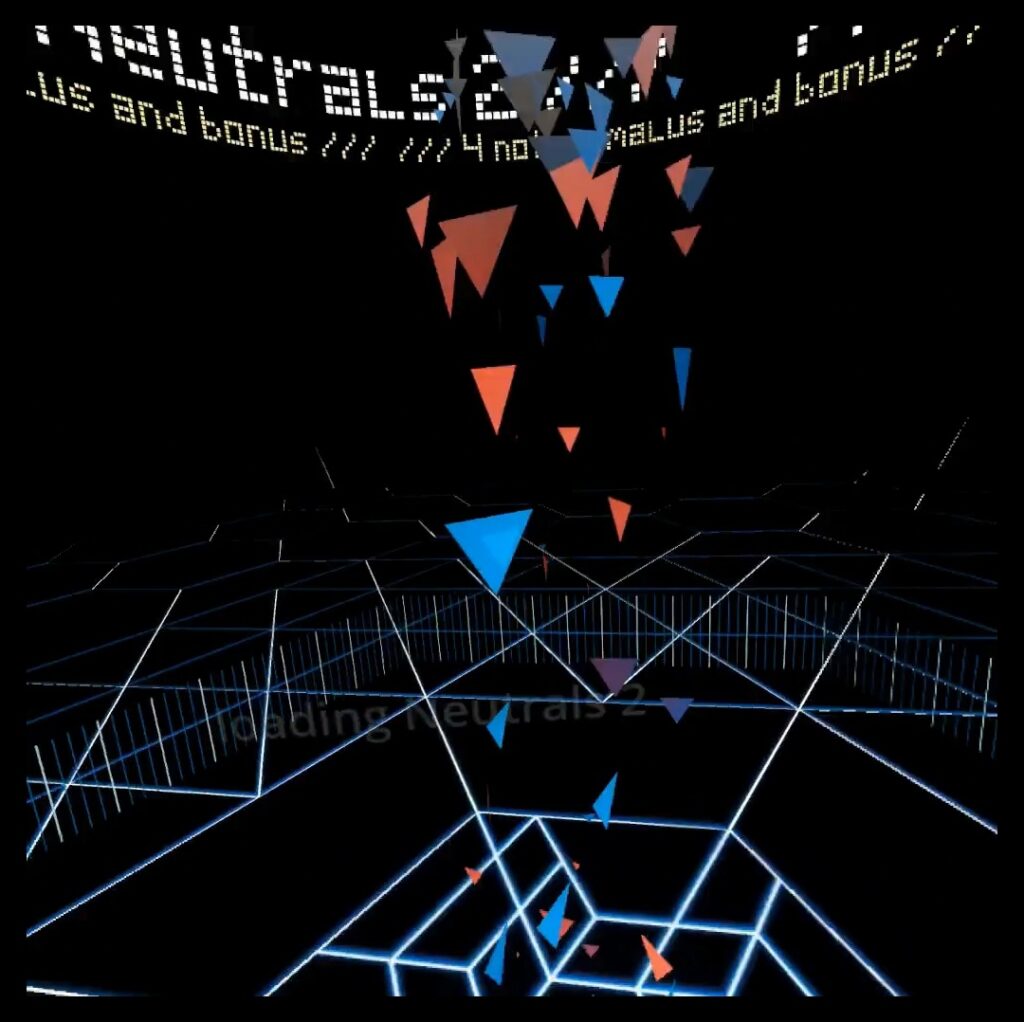
Focus
The simplest sound object, located immobile somewhere in the game area, that players will have to find to pass to the next level.
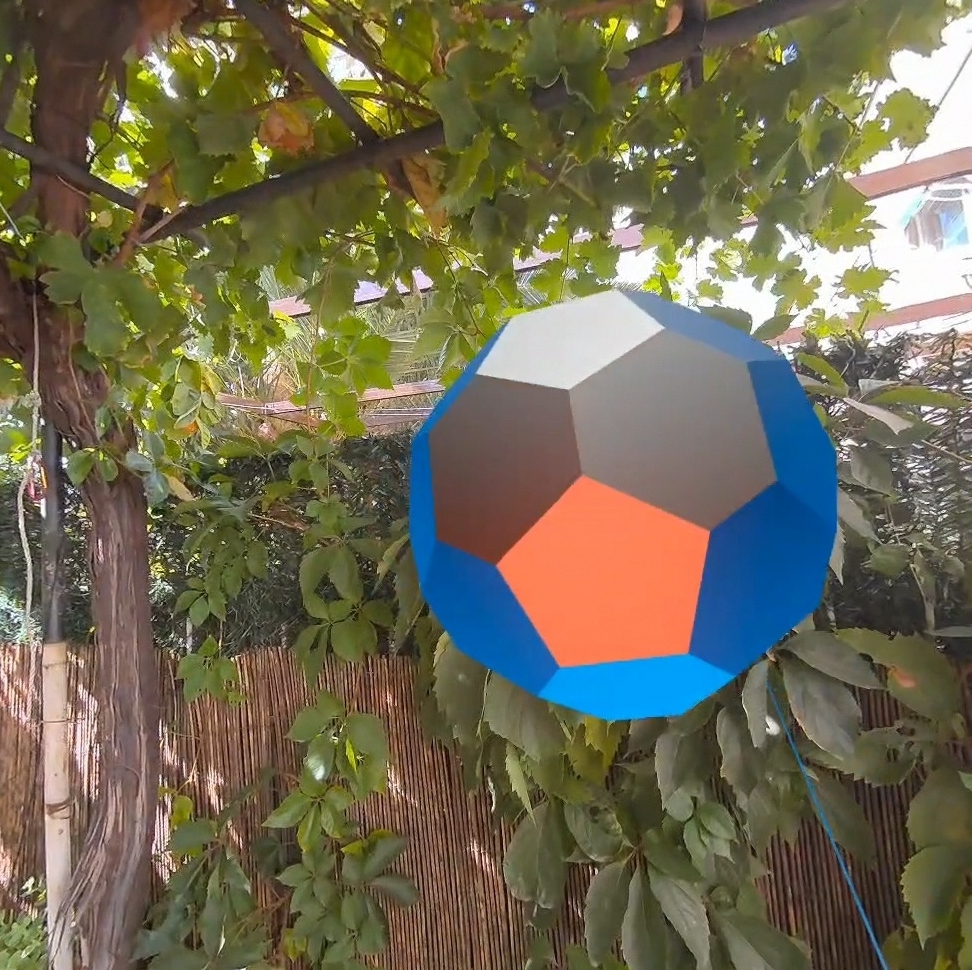
Malus
The Malus emits a low tone and has the ability to kill the player if she collides with it. You will have to be attentive to avoid it.
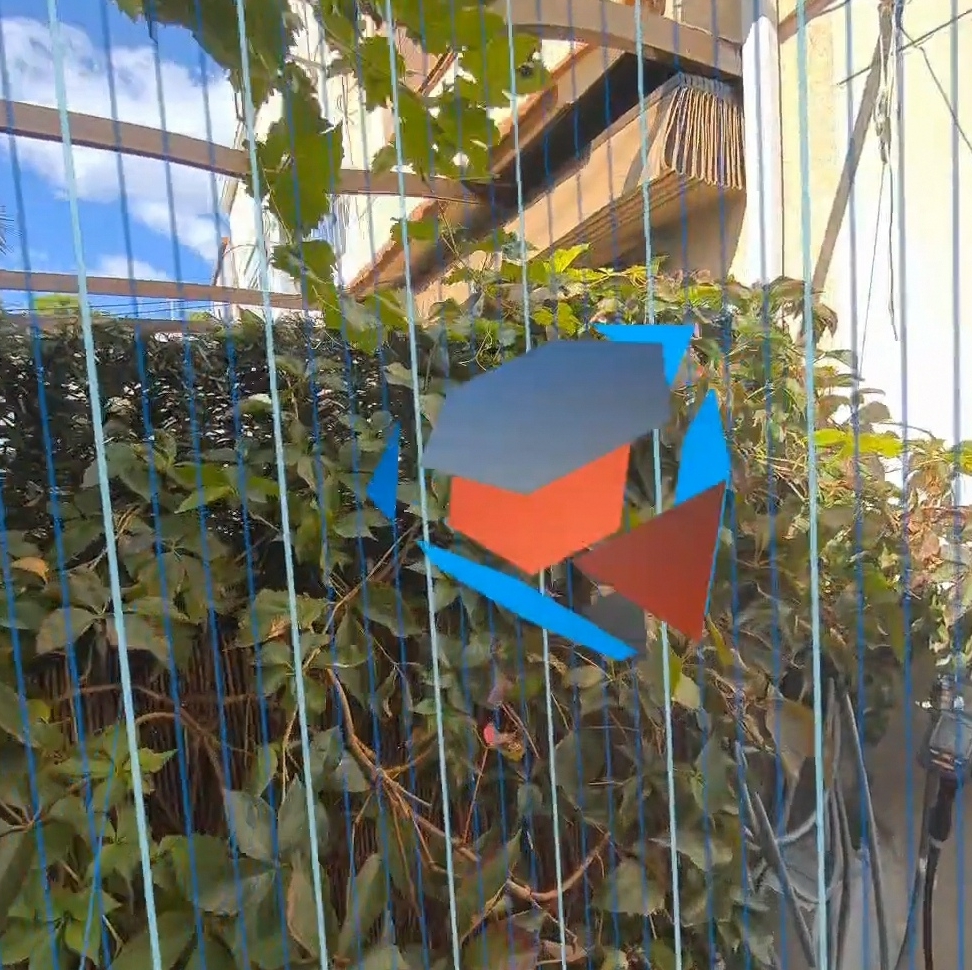
Neutral
They emit different notes of the musical scale. When you hit them with your head, they move and bounce. You will need to find the Bonus to catch them.
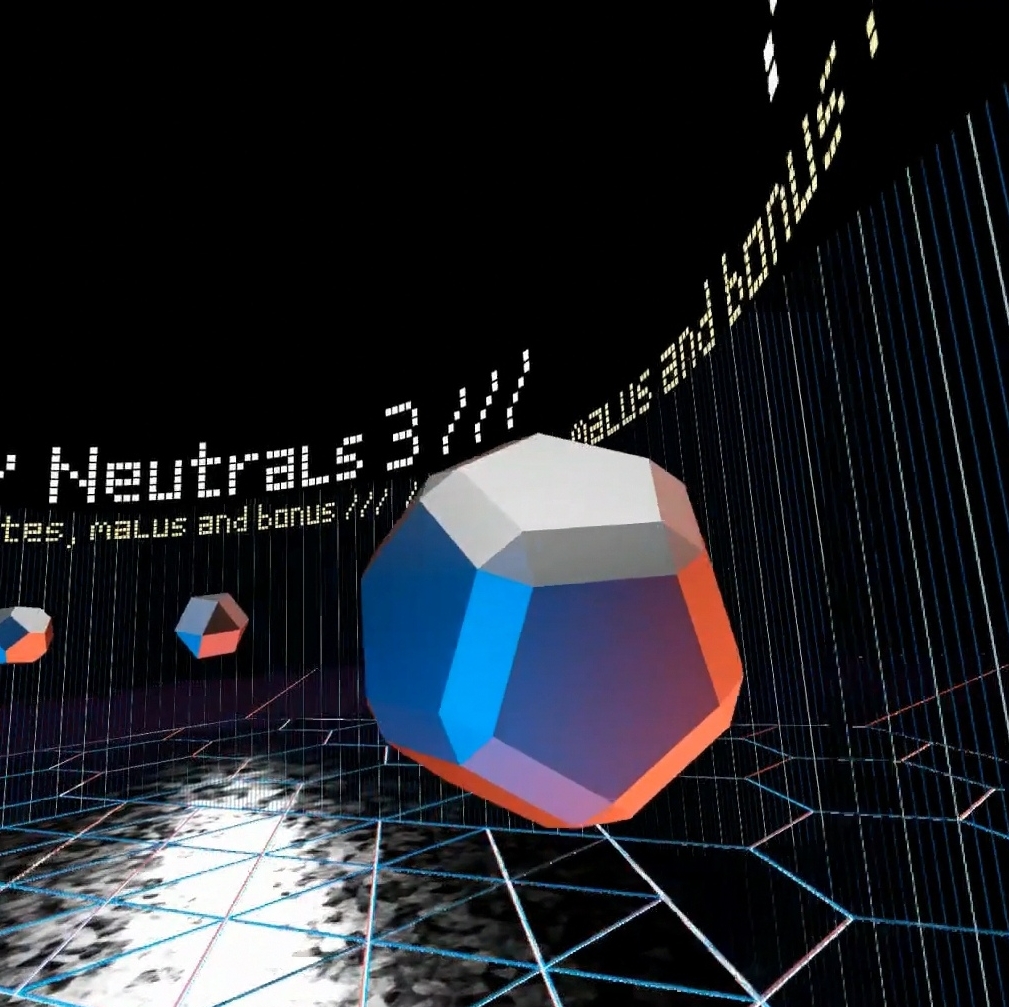
Bonus
The Bonus emits a high-pitched beacon sound, and when you hit it with your head, you gain the possibility to capture the Neutral objects during a time interval.
Sound-based game mechanics
A series of sound objects will be distributed in the game area (open space between 2x2m and up to 10x10m). Each object responds to physics and emits its own sounds.
The user will have to search for these sound objects, according to a search and capture mechanics, basing the location of each one only on their listening ability. Thanks to the latest generation of binaural algorithms, our proposal foresees to give the greatest importance of the game experience to the sound, putting the sight, for once, in the background.
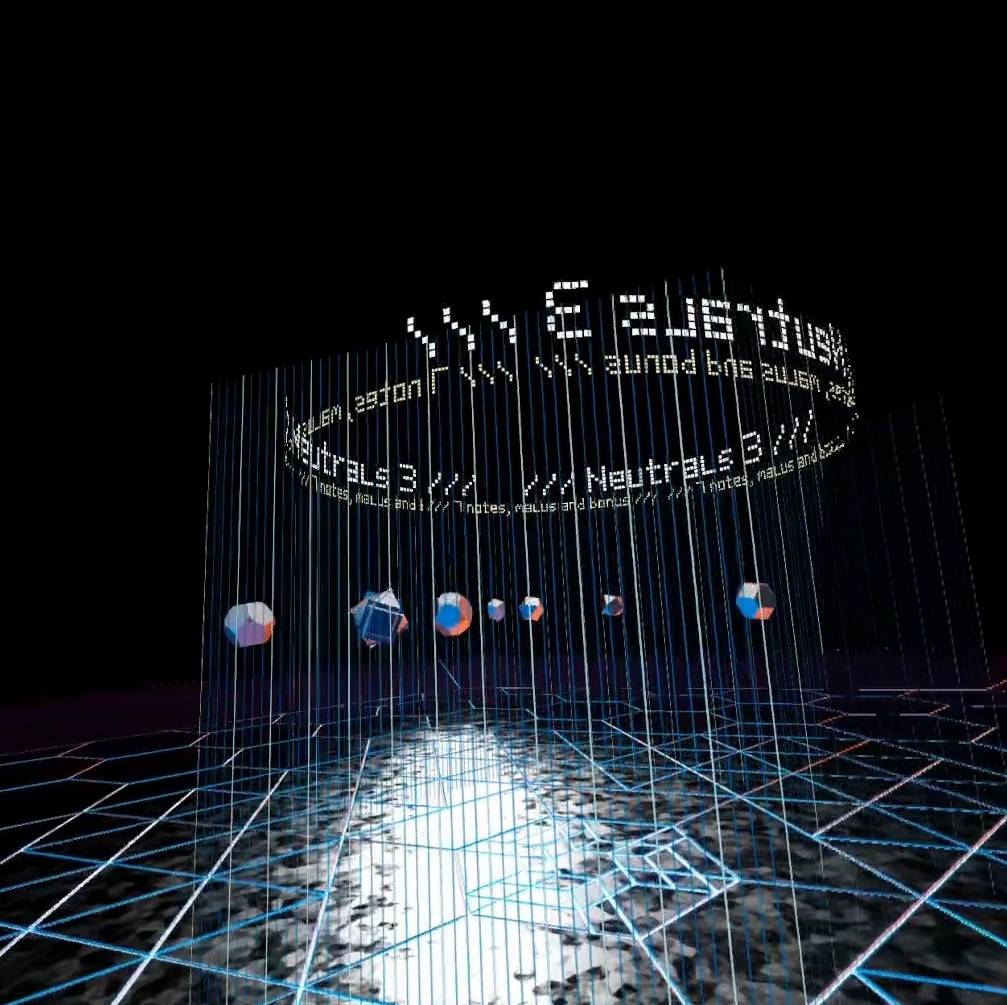
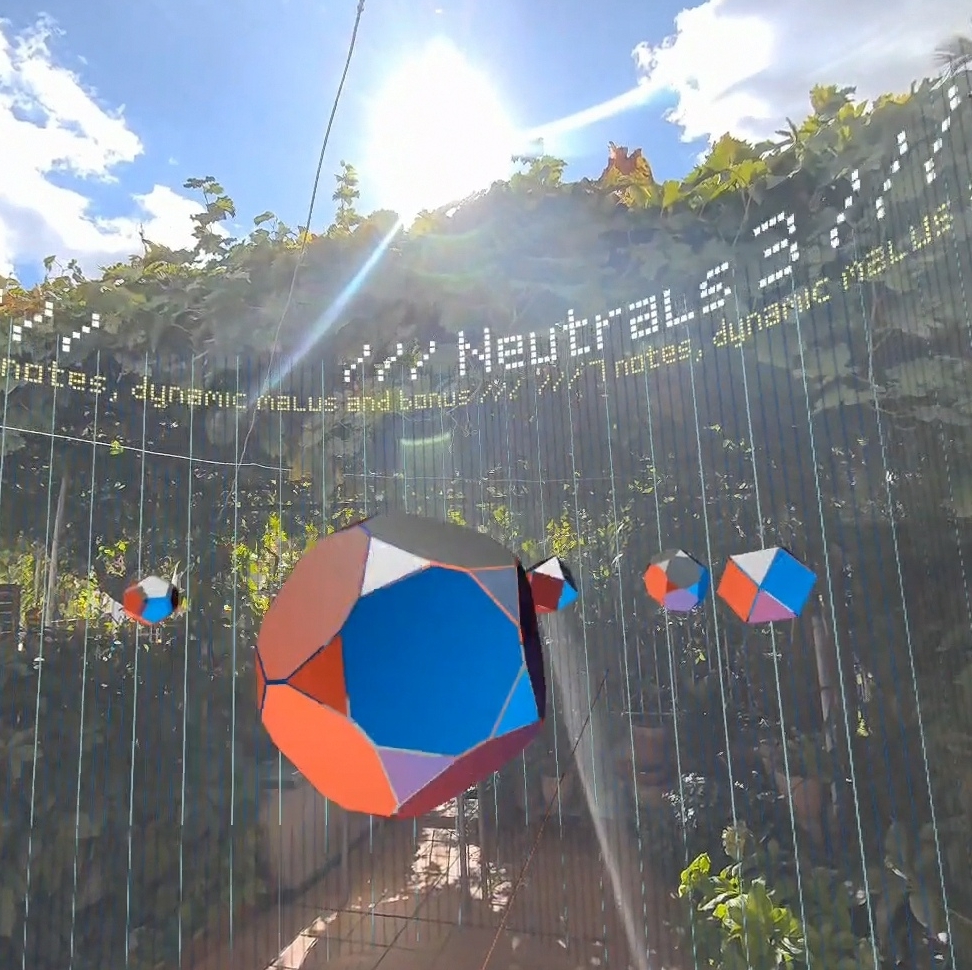
Spatialized sound
Each object emits its own sound, the result of a careful sound design that can also be modified by the players (modding feature).
In this way, the player will find him/herself in a sonified space that, in real time, based on his/her position, movement and rotation of the head, will generate a composition as if it were a musical instrument.
Inspiration from synaesthesia studies
Audiogames finds inspiration in studies on synaesthesia, focusing especially on the relationship between sound and vision. In the hypothesis that we started working on at the beginning, the synaesthetic effect is centered on the spectator, who translates, in a significant way, the visualization of the game into sound. The aim was to generate a correspondence between the sound heard by the player, moving through the space, and the color seen by the audience, in the digital representation of the game space offered to them.
In the current XR version of Audiogames, the visual representations of the sound objects are contemplated as an accessibility aid for sighted people.

A project by:
+
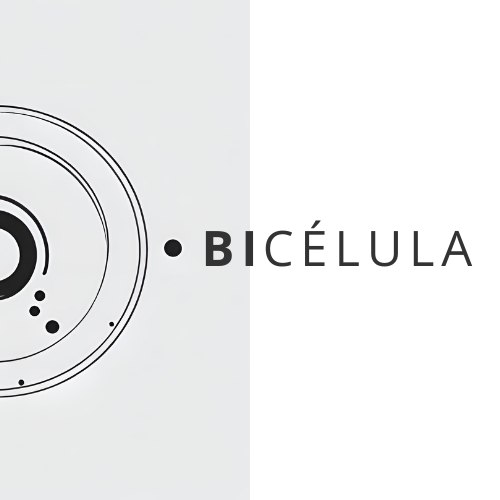
Funded by:

+

